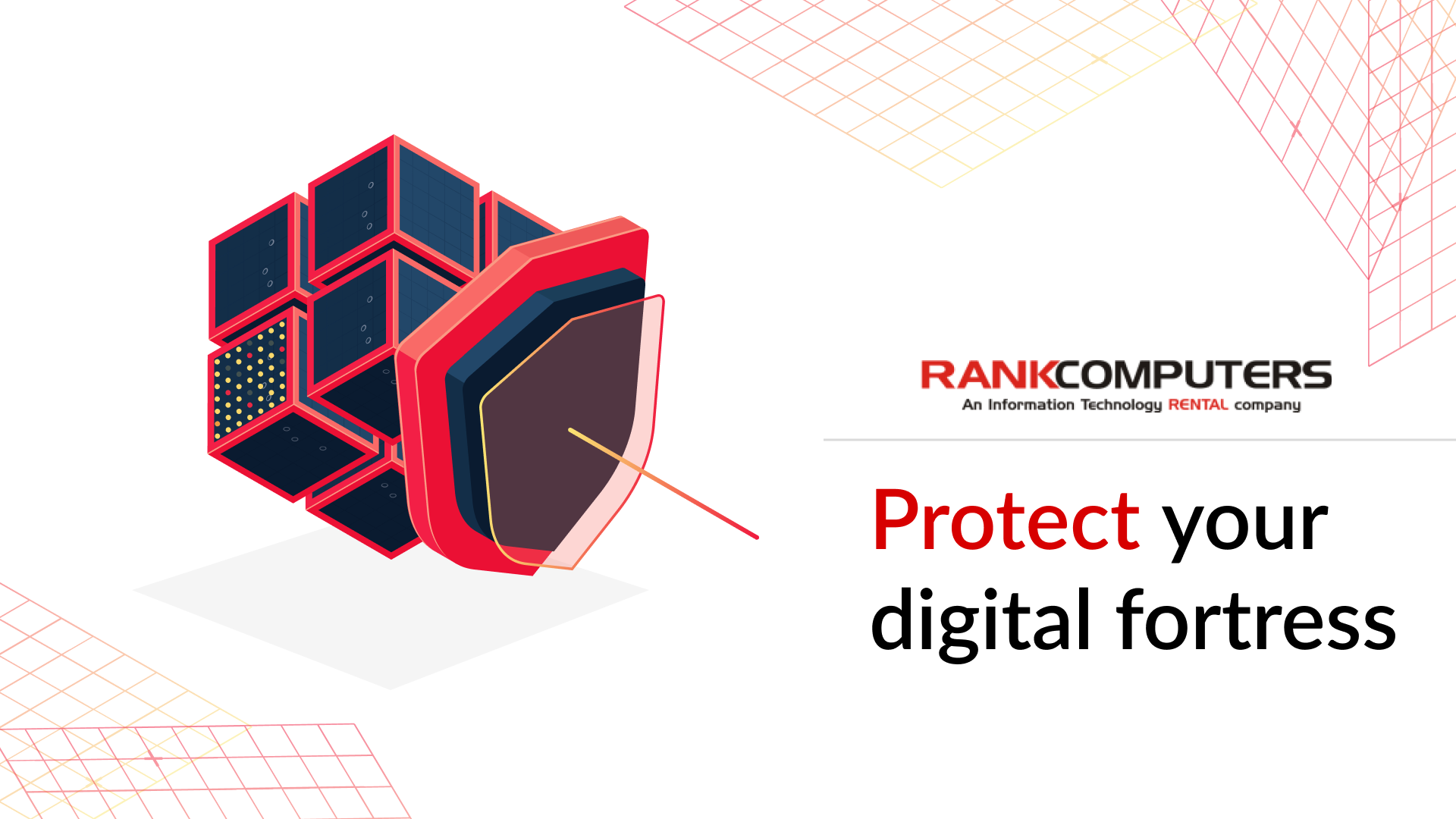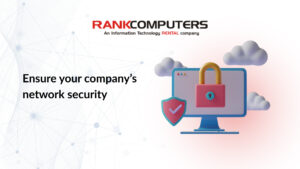In today’s digital age, businesses of all sizes rely heavily on technology to operate efficiently and effectively. However, with the increasing dependence on technology comes the heightened risk of cyber-attacks and data breaches. It is essential for businesses to protect their data and network from these threats, and one of the most critical tools for doing so is a firewall.
A firewall acts as a barrier between your network and the internet, preventing unauthorized access to your network. It can block incoming traffic from sources that are not trusted or authorized, reducing the risk of cyber attacks. Let’s explore some of the reasons why your business needs a firewall.
Protection Against Cyber Attacks
Cyber attacks are a significant threat to businesses of all sizes. Hackers are constantly looking for vulnerabilities in networks and systems to exploit. A firewall can help protect your business from cyber-attacks by blocking unauthorized access to your network.
Firewalls work by examining traffic coming in and out of your network and determining whether it should be allowed or blocked. They can detect and block known threats, such as viruses and malware, and prevent hackers from gaining access to your network.
Without a firewall in place, your network is vulnerable to cyber attacks such as ransomware, phishing, and distributed denial of service (DDoS) attacks. These types of attacks can be devastating to businesses, resulting in data loss, downtime, and reputational damage.
By using firewalls, you can reduce the risk of cyber-attacks and protect your business’s sensitive information. However, it is essential to note that firewalls for business are just one aspect of a comprehensive cybersecurity strategy. Businesses must also implement other security measures such as antivirus software, regular security updates, and employee training to ensure the highest level of protection against cyber threats.
Control Access to Your Network
Controlling access to your network is a crucial aspect of network security. A firewall can help you manage access to your network by allowing only authorized traffic to enter and exit.
Firewalls for business allow you to create rules that dictate which traffic is allowed and which is blocked. You can set up rules based on various criteria such as IP address, protocol, port number, and more. For example, you can create a rule that only allows traffic from specific IP addresses or blocks traffic on specific ports.
By controlling access to your network, you can prevent unauthorized access and protect your sensitive data. Hackers often try to gain access to a network by exploiting vulnerabilities in unsecured systems. By implementing a firewall and carefully controlling access to your network, you can significantly reduce the risk of a successful attack.
Secure Remote Access
With the rise of remote work, secure remote access to company resources has become more critical than ever. A firewall can help businesses ensure secure remote access by providing a secure gateway to access company resources from outside the network.
Remote access to company resources typically involves using a virtual private network (VPN) connection. A firewall can help secure this connection by encrypting data transmitted between the remote device and the company network. This encryption prevents unauthorized access to sensitive data while it’s in transit.
A firewall can also provide an additional layer of authentication to secure remote access. Two-factor authentication, for example, requires users to provide a secondary form of authentication, such as a code sent to their mobile device, in addition to their password. This helps ensure that only authorized users have access to company resources.
Firewalls for business can also be configured to limit access to company resources based on specific criteria, such as time of day, location, and user roles. This helps ensure that remote workers only have access to the resources they need and reduces the risk of unauthorized access to sensitive data.
Compliance with Regulations
Many businesses must comply with regulations and industry standards to protect sensitive data and ensure data privacy. A firewall can help businesses comply with these regulations by providing a layer of protection against unauthorized access and monitoring network activity to ensure compliance.
For example, the Payment Card Industry Data Security Standard (PCI DSS) requires businesses that process credit card payments to implement specific security measures, including the use of firewalls. A firewall can help businesses comply with PCI DSS by providing protection against unauthorized access and ensuring that cardholder data is secure.
Similarly, the Health Insurance Portability and Accountability Act (HIPAA) requires healthcare organizations to implement security measures to protect patient information. A firewall can help healthcare organizations comply with HIPAA by ensuring that patient information is only accessible by authorized personnel and is transmitted securely.
It’s essential to ensure that your firewall is configured correctly to comply with regulations and protect your sensitive data. It’s also important to keep your firewall up-to-date with the latest security patches and to regularly test it to ensure it’s working correctly.
Get firewalls for your company without going over budget
Purchasing and maintaining a firewall can be expensive for businesses, especially small and medium-sized enterprises. If you are looking to save money while still maintaining a secure network, choose firewall rentals from Rank Computers.
Our rental service allows businesses to access modern firewalls without the upfront costs of purchasing and installing them. Additionally, our team of experts provides 24/7 support and maintenance to ensure that your network remains secure and protected at all times.
By renting a firewall from Rank Computers, you can focus on your core operations without worrying about the potential consequences of a cyber attack.
Conclusion
A firewall is a critical tool for protecting your business’s data and network. It can help prevent cyber attacks, control access to your network, secure remote access, and ensure regulatory compliance. As an IT professional, it is your responsibility to ensure that your business’s digital assets are protected. By firewalls for business, you can reduce the risk of data breaches and protect your business’s sensitive information. Whether you choose a hardware or software firewall, it is crucial to have this critical tool in place to safeguard your business’s digital assets.



